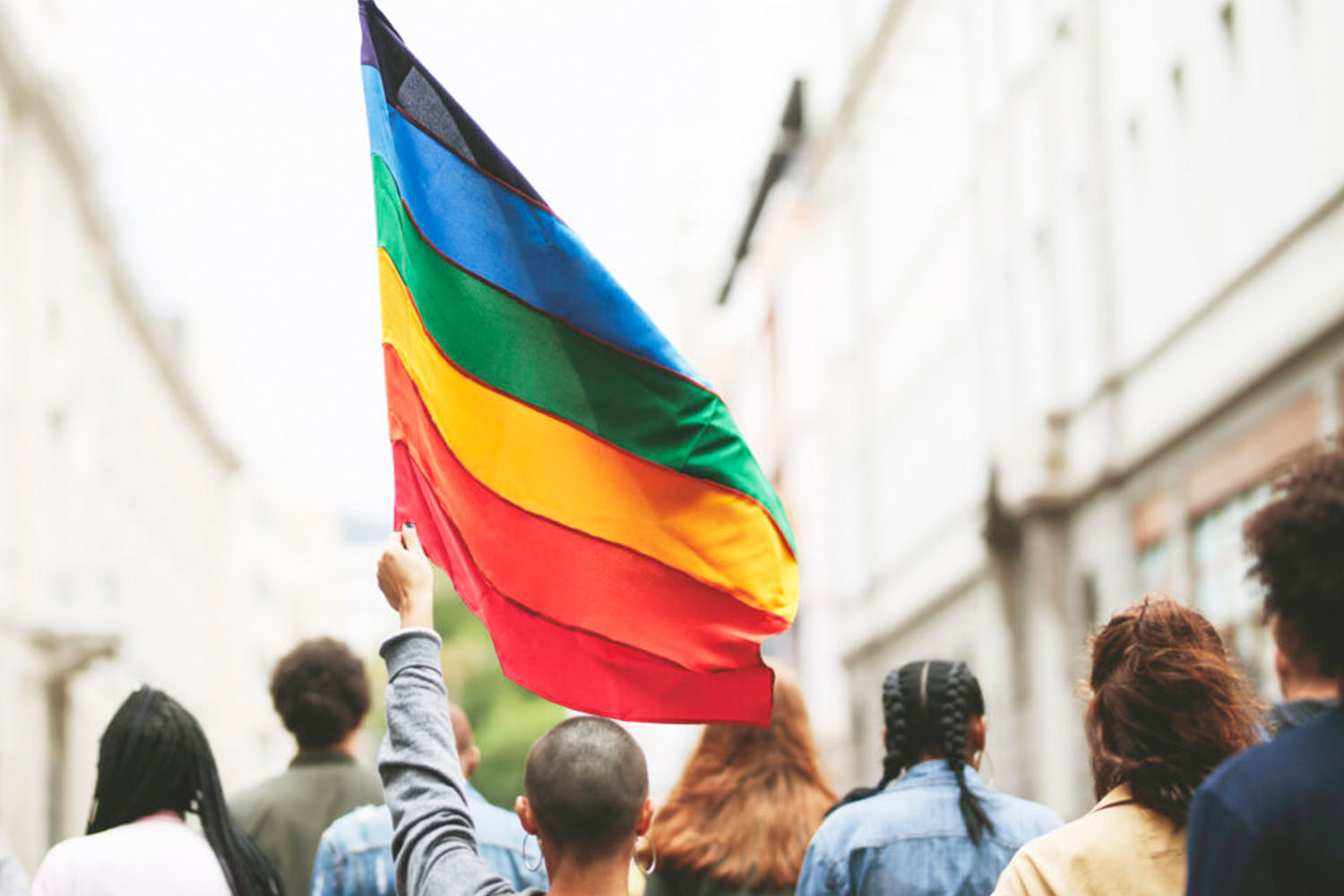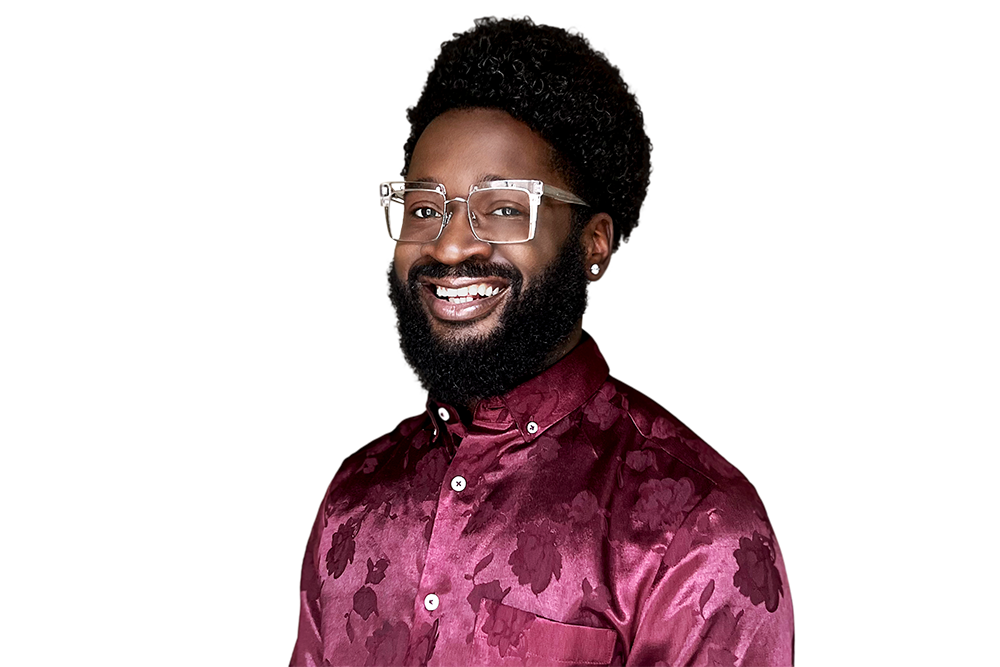What is intersectionality and why does it matter?

Intersectionality is the place where forms of discrimination meet, mutually reinforce one another, and create dynamics that are damaging in a multitude of ways. If you identify with one or more marginalized groups, then finding a sense of belonging is complex and difficult in any sphere and at any stage of life. In the workplace these barriers can seem insurmountable, preventing people from feeling a sense of belonging and therefore from performing at their best and achieving their ambitions.
If you are black in America, it is likely that you had to have “the talk” during your youth with a parent who felt compelled to prepare you for bias and the dangers you face due to racism, interacting with authority figures, and how to de-escalate if you find yourself in a precarious situation. This talk is commonly considered a rite of passage within the black community and one that has evolved as the social climate continues to change. In the 1940s, the talk might have covered avoiding certain neighborhoods. In the 1980s, it might have covered how to dress, walk, and act to be mindful of how others could perceive you. In the 2010s, it typically focused on interactions with the police.
If you are gay in America, it is likely that you have faced discrimination in your personal life, in the workplace and public sphere, and in your access to critical healthcare. A discriminatory act that is the byproduct of heterosexism (a cultural ideology that perpetuates society’s negative regard for non-heterosexual behavior, identity, relationship, or community) and sexual prejudice (an individual’s negative attitudes based on sexual orientation) is systemically embedded into critical services. For example, the US Food and Drug Administration currently defers blood donations from gay and bisexual men for a three-month period. This deferral period initially existed as a lifetime ban prior to 2015, no such restriction exists for people outside of this group.
If you are genderqueer in America, it is likely that your transgression of gender norms has been met with harassment that was designed to force you to conform. A transgression fueled by your rightful desire to live who you feel you are. However, this expression of your authentic self defies the socially constructed set of roles, expectations, and scripts that society ascribes to different sexes. Therefore your “defiance” subjects you to the irrational fear and misunderstanding of others who could potentially cause you harm.
If you are neurodivergent in America, it is likely that your deviation from the standards of social behavior has been seen as abnormal or less human. A deviation that is treated as though it is an inherent brokenness, a hindrance or obstacle that requires a cure or fix. This belief not only limits the ways we can express ourselves, but forces those who display divergence to work twice as hard to convey ideas, or risk being mocked when they are simply unable to do so.
If you are me in America, it is certain that you are all the above. I do not consider myself a proponent of labeling, but I understand that they are a necessary evil to identify yourself and find community with others. Moreover, to understand the intersection of these labels is to understand my past lived, and current living, experience.
What does that mean, you ask? If you were to envision a marionette, you would see a group of strings working independently of each other to control a single puppet. Metaphorically, each string is a label subconsciously affecting how I interact with the world around me. Will the use of black vernacular English be perceived as ignorance? Does my gayness cause discomfort? Does wearing a blouse devalue the impact of my work? These are only a few in a long list of questions I ask of myself every waking moment for my own safety and prosperity.
Feeling like you are an outsider is a painful, negative experience, a cognitive distraction that undermines focus and performance. I have found that I thrive in every facet of life when I am able to be my full authentic self without fear of consequence or judgement.
This ability only exists together with a sense of belonging.
This belonging only exists when we take the time to understand and celebrate each other’s differences.
That is why Pride and Heritage events are especially important to me. They empower marginalized communities to reclaim rights and freedoms so often denied, and public space from which they are so often excluded. This visibility is crucial to fighting shame and social stigma.
It has been a tumultuous journey to reach a small degree of comfortability with expressing my authentic self. I long for the day that I no longer have to fight this battle.
Click here to read RHR Partner Cristina Jimenez’s thoughts on the importance of inclusive leadership and why Pride Month is the perfect time to think about belonging.






